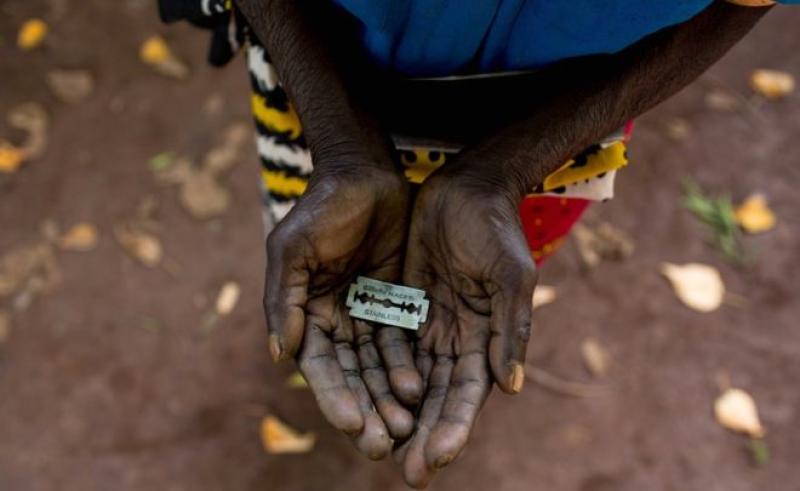×
The Standard e-Paper
Stay Informed, Even Offline

“Did they have to undergo the cut?” questions Amina.
In a squatting position Amina struggled to peep through the small hole on a rusty brown iron sheet. All she saw was blood profusely flowing down the thighs of her peers, Nasra and Sadia aged seven and eight respectively.